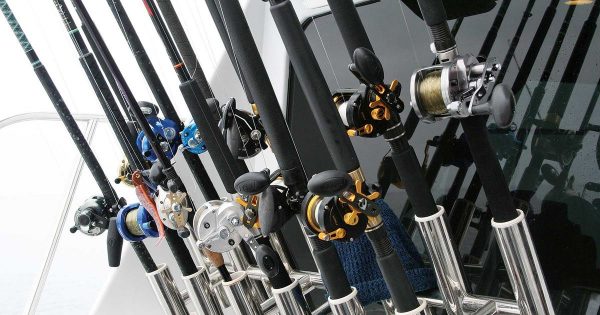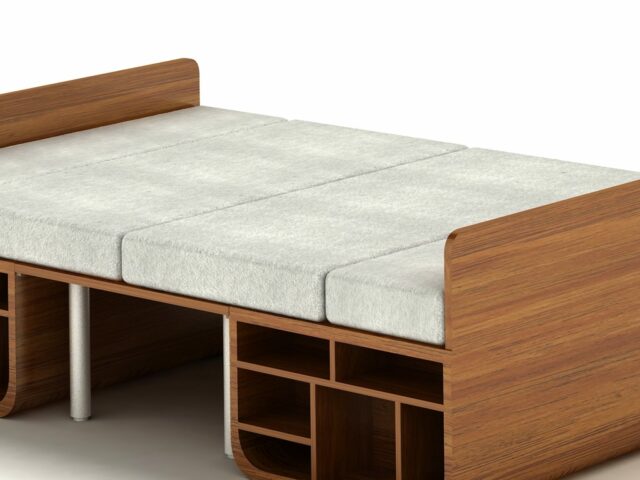If you’re interested in Store and More Self Storage Geelong, then you probably want to keep all sorts of things safe and sound. As you know, different types of items require different types of storage to avoid degradation over time. You need to be particularly careful while storing fishing equipment since so much of it is fragile. A rod that’s crushed in a corner or a reel that’s allowed to rust won’t do you any good in the future. Fishing should be a fun, relaxing activity, and nothing is as frustrating as getting out on the water only to discover a key component of your gear is broken.
Keep Your Fishing Rods Safe
Fishing rods are the most essential component of all, as well as the most fragile. One wrong move can snap the shaft, making the rod completely useless. Less severe damage can also cause issues, from a rusty reel seat that won’t accept a new reel to a chinked guide that will cut your line in the middle of fighting a fish. That’s why it’s so important to have a strategy as you approach your Self Storage Geelong. Manufacturers offer giant tubes that make for ideal protection, keeping rods safe from damage. You could also invest in a rod rack that won’t protect your rods but will at least keep them orderly and designate their own space. The key is to put the rods in a place where nothing else will fall on them or bump up against them.
Prevent Rust for Your Fishing Reels
Fishing reels are also delicate and need to be stored with caution. Saltwater reels need a quick rinse after every use to prevent corrosion. Once they’ve been rinsed, the reels should be stored out of the elements. You can leave a reel attached to a rod for short term storage, but you’re better off taking the reel off if you’re storing your equipment for months, as reels have a nasty having of becoming stuck to the reel seat.
Between trips, make sure you store your reels where the sun doesn’t directly hit them. This is where Self Storage Geelong is a big help. Sunlight is known to weaken monofilament line, meaning you could find yourself losing fish your next time out. This same “no sunlight” rule applies to backup spools as well.
To avoid frustration, you’re going to want to be very careful with any excess lines coming off your poles in storage. If you’re an everyday anger, then you can probably get away with just hooking your line to the guide of the rod. If you leave your rod like this long term, however, a horrific tangle is likely to occur. Most anglers are familiar with the sinking feeling that accompanies the discovery of a tangled mess of fishing rods, the lines from each reel somehow intertwined into a massive jumble. You can avoid this perennial problem by carefully storing your equipment. Cut the lines, store the hooks in a box, and toss a rubber band around the spool.




